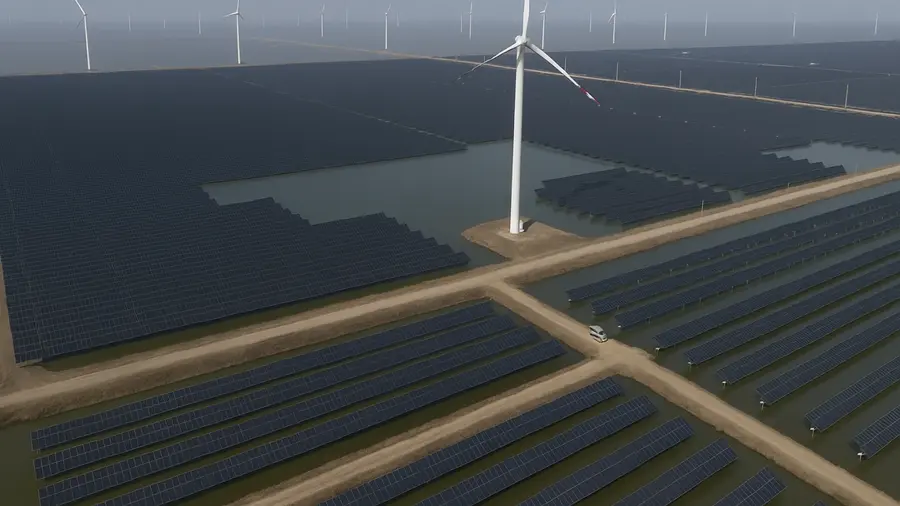Adding 50 GW Renewable Energy Annually Could End Coal Imports by 2029, Save India USD 66 Billion: Report


Web desk
Published on Apr 28, 2025, 05:15 PM | 3 min read
New Delhi: If India adds 50 gigawatts (GW) of renewable energy every year, it could completely eliminate thermal coal imports by 2029 and save about USD 66 billion in foreign exchange between 2025 and 2029, according to a new report released on Monday.
The study, published by the climate and energy think tank Climate Risk Horizons, projects total savings of at least USD 173 billion from 2025 to 2034 if India aggressively expands its renewable energy capacity.
The report highlights that India's electricity sector remains heavily reliant on imported coal, with thermal coal accounting for around 20 per cent—206 million tonnes—of the total coal consumption in 2023–24. These imports cost the country approximately USD 21 billion. Between 2013 and 2023, thermal coal imports rose by 58 per cent, while the value of imports surged by 124 per cent, driven by volatile global prices and a weakening rupee, the report noted.
The surge in imports is particularly pronounced during the summer months when cooling demands spike electricity consumption. Over the decade from 2013 to 2023, India imported around 2,128 million tonnes of coal, predominantly thermal coal used for power generation.
Thermal coal imports have been increasing steadily at an annual rate of 3.7 per cent, rising by about 40 per cent since 2013. Climate Risk Horizons warned that India's dependence on imported coal exposes the country to both physical and financial risks. Physical risks stem from possible disruptions in supply due to political instability or natural disasters, while financial risks arise from the volatility in global energy prices, affecting power companies and consumers alike.
The report further stressed that India's energy demand is set to grow continuously, fueled by urbanisation, industrial expansion, and greater adoption of electric technologies. India's per capita electricity consumption rose from 957 kilowatt-hours (kWh) in 2013 to 1,331 kWh in 2022, and increasing instances of heatwaves linked to climate change are expected to further drive up demand.
A focused plan to expand renewable energy capacity could help curb coal imports significantly, the think tank said. In 2023–24, India revised its renewable energy goals, aiming for 500 GW of non-fossil fuel energy capacity by 2030. To meet this ambitious target, the government plans to add 50 GW of renewable energy annually through 2027–28.
Currently, India has about 151 GW of renewable energy capacity from solar and wind sources, and around 200 GW when including hydro, small hydro, and biogas projects. In 2024–25, India added 24 GW of renewable energy—the highest annual addition recorded so far.
However, achieving the 2030 goal will require a sustained effort to double this pace, the report emphasized.









0 comments